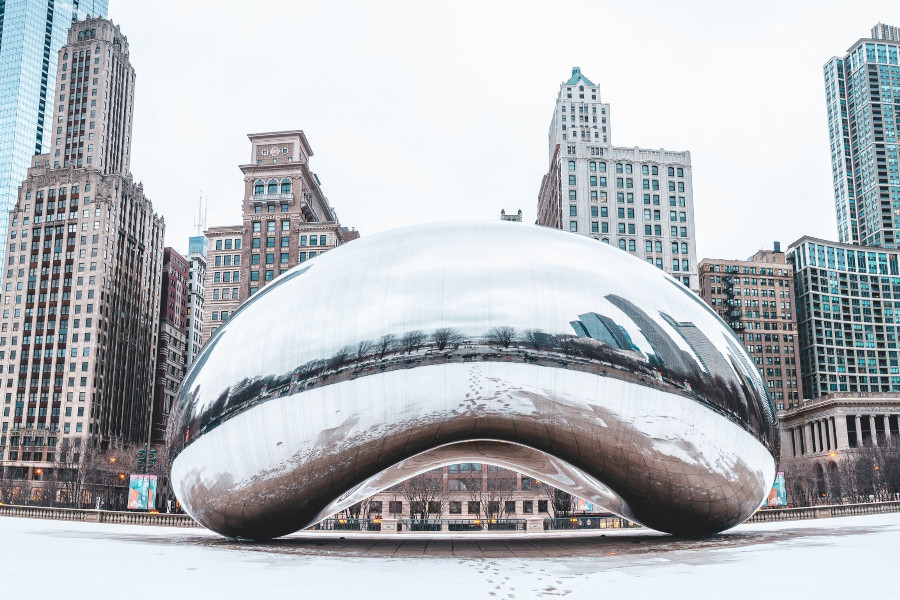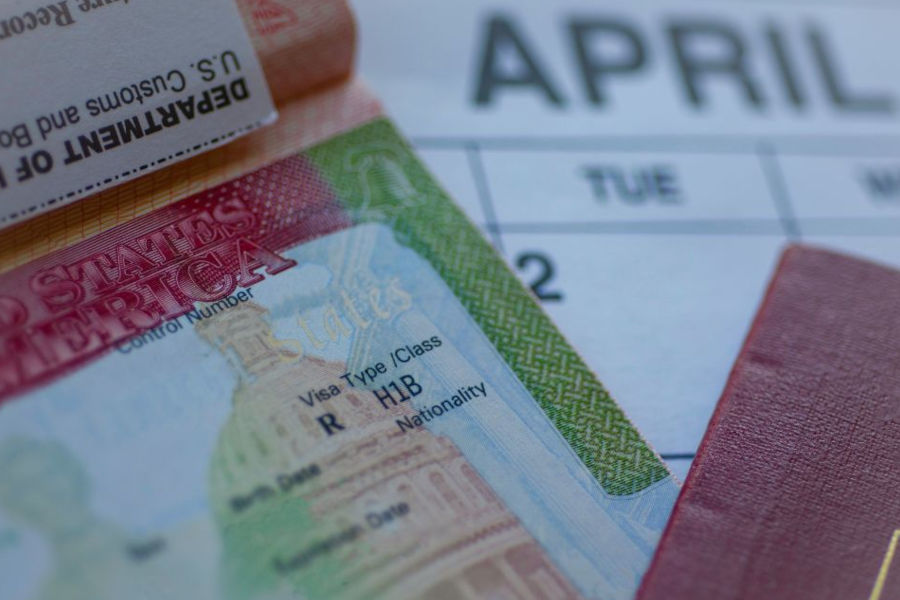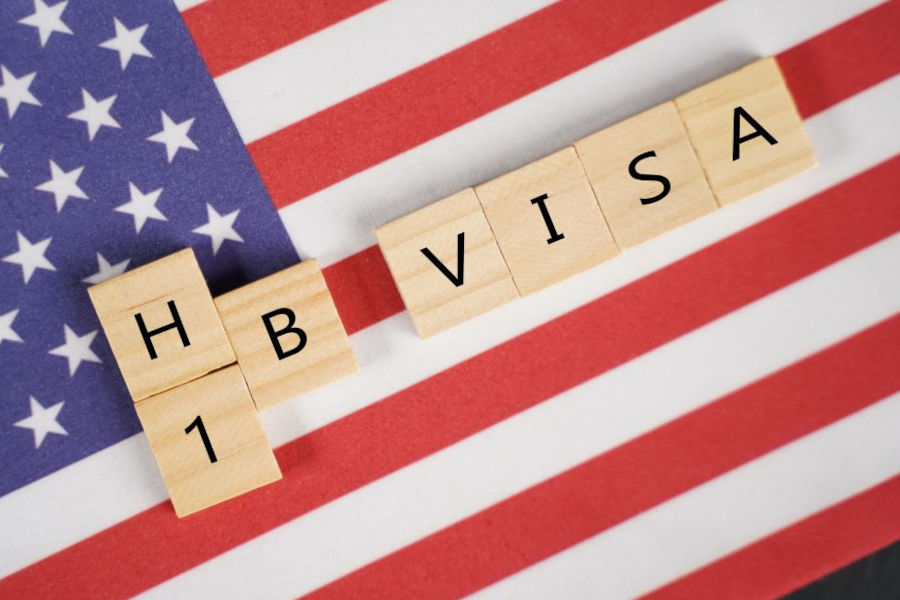On June 18, 2020, the Supreme Court ruled to prevent the Trump Administration from ending DACA. This is a developing story, which will be updated. The Supreme Court decision protects roughly half a million DACA recipients (popularly referred as the “Dreamers”). These Dreamers are undocumented immigrants that typically do not have any path to legalize their status on their own as they entered the United States without inspection and admission.
The program was first started under the Obama administration in 2012. The program allows these undocumented immigrants to be protected from deportation proceedings and be able to work for a period of two years before having to renew. In exchange, these immigrants are expected to hand over their personal information over to the government and undergo background checks. This program applies to a very specific group of people: undocumented immigrants that were in this country since 2007, were under the age of 16 at the time of arrival, and were under the age of 31 at the time of the program’s implementation, which was 2012.
While many DACA recipients were able to legalize their status, 649,070 active recipients are in danger of losing their deportation protection and abilities to legally work in the United States. In September 2017, the Trump administration announced its decision to end the program. In 2018, two federal judges issued injunctions that temporarily blocked the government from ending the program. A few months later, Texas and six other states filed lawsuits that argued DACA was unlawful and asked for a preliminary injunction to put the program on hold, however, that petition was denied. So far there has not been a definitive ruling on the program – a federal district court judge ruled that the termination of DACA by Trump was valid, however, that ruling was overturned on appeal. The Supreme Court began to heart the DACA case last year, consolidating all the numerous different cases, and it is now in 2020 that they are expected to definitively rule on the matter.
Broken down, there are three simple outcomes. The first is that the Court rules that they have no jurisdiction over the matter, thus allowing the Trump administration to end the program. The second is that the Court finds they can review the matter, sending down the matter back to the lower courts to review whether the Trump administration had correctly followed the Administrative Procedures Act. This second outcome means that temporarily the injunction is upheld, and Dreamers are still safe under the program, however, the final outcome would be unknown pending arguments and the ultimate ruling. The third outcome would be the full restoration and continuation of the program. For the program to successfully be restored, the Court would have to find that the Trump administration had not correctly followed the Administrative Procedures Act’s guidelines, and that the Obama administration had the legal right to correct the program in the first place. That second argument stems from the Trump administration lawyers that argue the Obama administration had illegally created this program and that the current administration correctly ended it.
Regardless of the outcome, the near future is very uncertain for the Dreamers. Because of the nature of the program, the government retains personal information on all Dreamers. If the program ends, these Dreamers can be deported. ICE has a database of where they all live. Additionally, nearly all Dreamers have practically grown up in America, which means if they return to their parents’ birth countries, they would essentially be foreigners, not to mention the volatility in certain Latin American countries.










